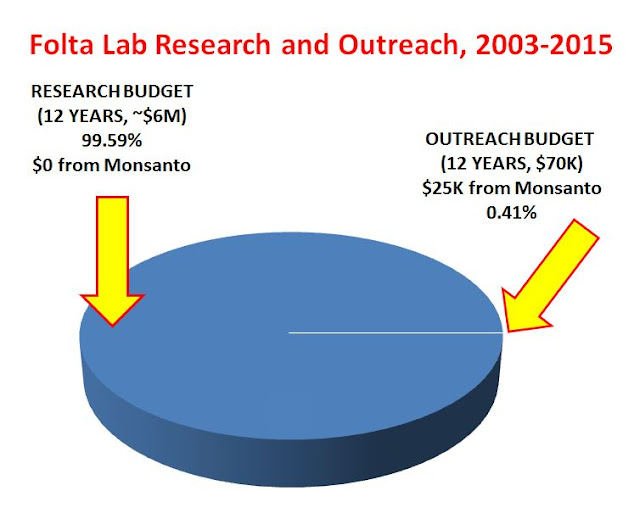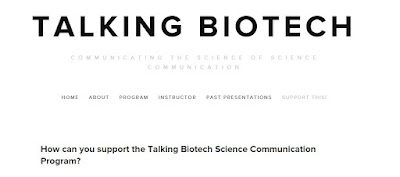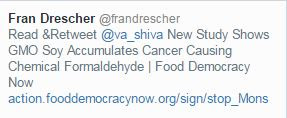Trottier Symposium Abstract
I'm speaking at the Trottier Symposium in Montreal and was asked to submit an abstract. The symposium topic is "Trusting Science- Do You" So I prepared this: Marketing a Mistrust of the Safest Food Supply in History Breakthroughs in breeding and genetics have radically improved plants and animals used for food. Introduction of modern technology to production practices makes farming more efficient. Improved chemistries allow us to produce more with less, with greater sensitivity to the environment. However, in the midst of the safest, most abundant and most diverse food supply in human history, there is a rising perception of its danger. The suspicion has not been driven by science. Instead it is a well-funded marketing ploy to push food dollars to boutique choices, and sell lifestyle-oriented selections that promise, but don’t necessarily deliver, improved health and performance. A multi-billion dollar industry has emerged to provide these higher- cos









